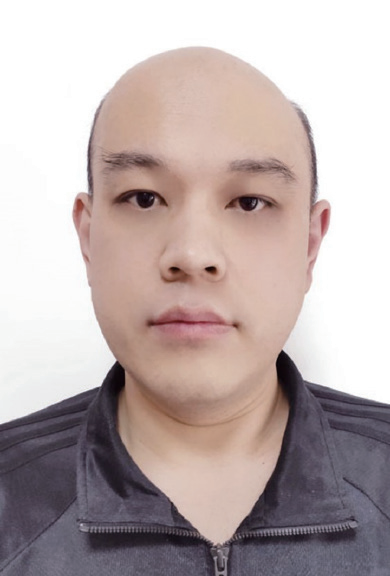Decai Kong',Yuling Lang',Haibo Qiao', Xiaoying Ma', Wenbo Wang', Chunhai Liu',
1 CITIC Dicastal Co., Ltd, No 185, Longhai Road, Economic and Technological
Development Zone, Qinhuangdao, Hebei Province, 066011
EXTENDED ABSTRACT: The inhomogeneity of local mechanical properties across an aluminum casting component can have a significant impact on its overall mechanical response in service. A quantitative description of the relationship between the microstructure and local properties of Al casting, coupled with process simulation and structural simulation, is one of the effective methods for accurately predicting the deformation and fracture performance of casting components [ l]. These works are part of the Integrated Computational Materials Engineering (ICME) framework [2]. The inhomogeneity of the microstructure and local mechanical properties of casting components can significantly affect the mechanical properties of parts manufactured through different processing stages. Smooth and notched tensile specimens and torsion specimens are extracted from different positions in the wheel. A damage model based on a triaxiality-dependent fracture strain is calibrated and used to simulate the specimen and wheel tests. The component simulations are performed with the position-dependent materials parameters. The results indicate that the application of materials models incorporating the information of location, size, and distribution of micro-sized defects can effectively predict the force displacement curve and the location of fracture of automotive wheels in tests.
Keywords: Aluminum alloy casting; Wheel; Characterization; Inhomogeneity; Damage model; Simulation
References:
[l] D.-Z. Sun, A. Ockewitz, F. Andrieux, H. Klamser, Modeling of damage behavior of cast aluminum components taking into account porosity effects, Proc. of the 12th Int. Conference on Aluminium Alloys, September 5-9, 2010, Yokohama, Japan, ©2010 The Japan Institute of Light Metals.
[2] J. Allison, M. Li, C. Wolverton, X. M. Su, Virtual aluminum castings: An industrial application of ICME, JOM • Nov. 2006, 29-35.

Decai Kong, senior engineer, graduated from the University of Science and Technology Beijing. He is the technical leader of the Simulation Research Institute of CITIC Dciastal Co., Ltd.. He has been engaged in long-term research on simulation technologies such as strength, fatigue, and fracture of components, establishing more than 10 enterprise simulation standards, and authorizing more than 20 domestic and foreign patents. He has published 4 papers as the first author, including 1 SCI paper.